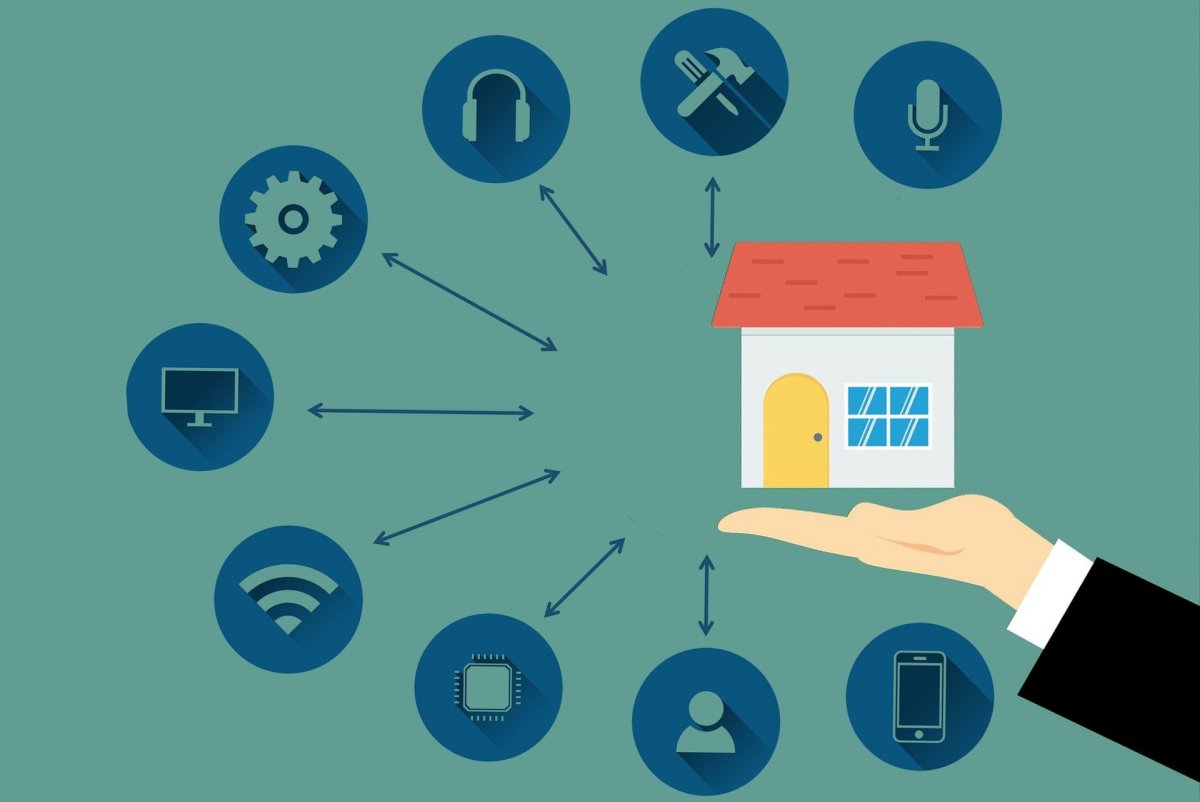Smart Home Solutions for Enhanced Privacy are increasingly vital as technology integrates deeper into our living spaces. The convenience of connected devices often comes with a hidden cost: potential privacy vulnerabilities. As we embrace smart thermostats, security systems, and voice assistants, understanding and mitigating the risks associated with data collection and potential breaches becomes paramount.
This exploration delves into the intricacies of securing your smart home. We’ll examine the threats, from device vulnerabilities to data collection practices, and then uncover essential privacy features. We’ll explore device certifications, secure protocols, and network security strategies, equipping you with the knowledge to create a secure and privacy-conscious smart home environment. The goal is to empower you to enjoy the benefits of smart home technology while safeguarding your personal information.
Smart home solutions are increasingly popular, but privacy concerns often arise. For those new to homeownership, exploring The Best Smart Home Devices for New Homeowners is a great starting point. However, remember to prioritize devices with strong security features to ensure your data remains protected and that you maintain the enhanced privacy you desire within your connected home.
Introduction: The Growing Need for Secure Connected Living: Smart Home Solutions For Enhanced Privacy

Source: technofaq.org
While prioritizing Smart Home Solutions for Enhanced Privacy is crucial, the aesthetic appeal of your living space shouldn’t be overlooked. Integrating smart technology can complement unique design choices, much like exploring Smart Decor That Makes Your Home Unique. Ultimately, balancing technological advancements with personalized decor allows for a secure and stylish home environment, safeguarding your privacy and enhancing your lifestyle.
Smart home technology is rapidly transforming how we live, offering unprecedented convenience and automation. From smart thermostats to voice-controlled assistants, these devices are becoming increasingly integrated into our daily lives. However, this convenience comes with a significant responsibility: protecting our privacy. The proliferation of connected devices has created new vulnerabilities, making it crucial to prioritize security and privacy in the smart home environment. Ignoring these risks can expose sensitive personal information to potential threats.
The Increasing Prevalence of Smart Home Technology, Smart Home Solutions for Enhanced Privacy
The adoption of smart home technology is soaring. Market research indicates substantial growth in the number of connected devices per household, driven by factors like affordability, ease of use, and the perceived benefits of automation. This includes:
- Smart speakers and voice assistants.
- Smart lighting and appliances.
- Home security systems and smart locks.
- Smart thermostats and energy management systems.
Potential Privacy Risks Associated with Smart Home Devices
Smart home devices collect vast amounts of data about our habits, preferences, and activities. This data can be used for various purposes, including targeted advertising, behavioral analysis, and even surveillance. The risks include:
- Data breaches and unauthorized access to personal information.
- Surveillance by manufacturers or third parties.
- Profiling and manipulation based on collected data.
The Importance of Prioritizing Privacy in the Context of Smart Home Adoption
Prioritizing privacy is essential for maintaining control over personal data and protecting against potential harm. As smart home technology becomes more prevalent, users must be proactive in safeguarding their privacy. This involves:
- Choosing privacy-focused devices and platforms.
- Understanding and managing data collection practices.
- Implementing robust security measures.